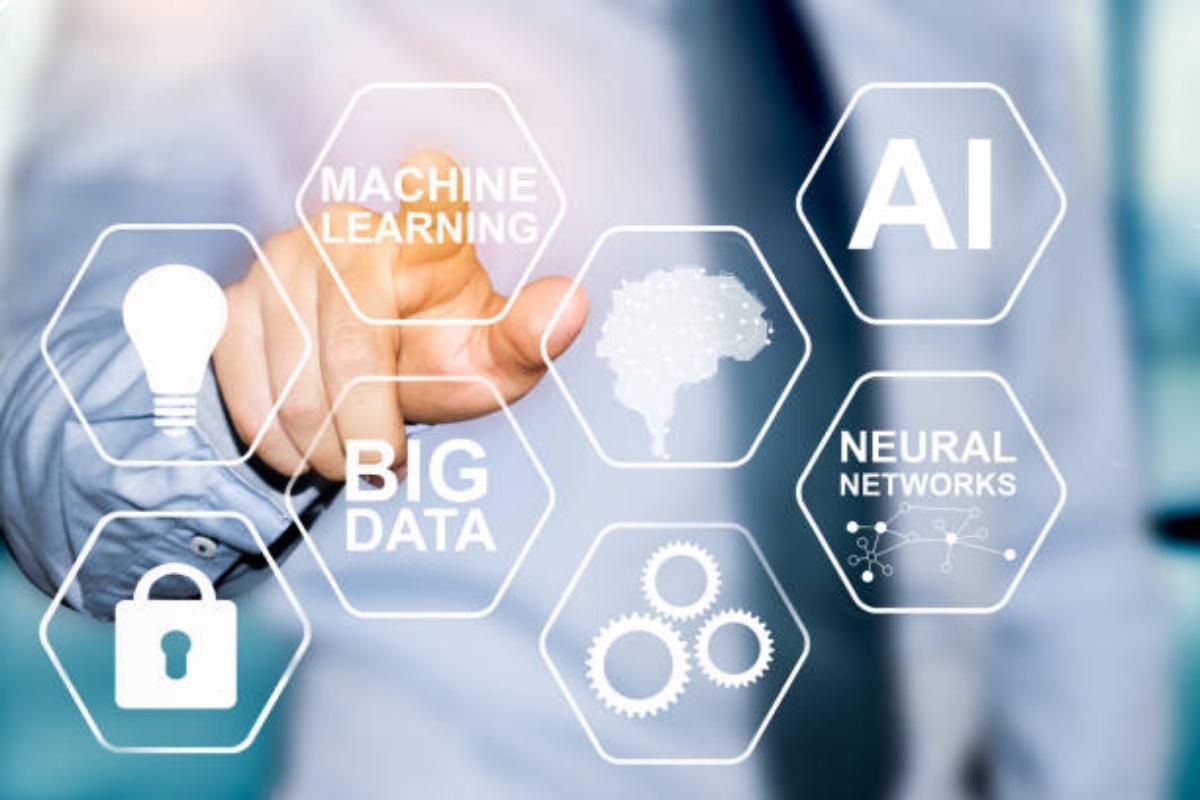In just a few short decades, Machine Learning (ML) has transformed from a niche research topic into a foundational pillar of modern technology. From recommending what to watch on Netflix to diagnosing diseases, ML systems are already impacting every aspect of our lives. But this is just the beginning.
As we look to the future, Machine Learning stands poised to revolutionize industries, redefine the human-machine relationship, and challenge our ethical and societal frameworks in ways we’re only beginning to understand. In this blog post, we’ll dive deep into what the future of Machine Learning holds — from technological advances and applications to risks, opportunities, and the philosophical questions we must confront.
1. Technological Advancements: What’s Coming Next?
a. Generalized Models & AGI
Today’s ML models are narrow — they excel in specific tasks like image recognition or language translation. However, researchers are increasingly focused on building Artificial General Intelligence (AGI): systems that can perform any intellectual task a human can. Projects like OpenAI’s GPT-4 (and beyond) and Google’s Gemini are early steps toward this goal. The future will likely see models that can adapt to entirely new tasks with minimal retraining, mimicking human learning capabilities.
b. Edge and Federated Learning
As IoT and mobile devices proliferate, the need for localized intelligence is growing. Edge ML allows models to run directly on devices like smartphones or smart sensors, reducing latency and increasing privacy. Combined with Federated Learning, which allows model training across decentralized devices without transferring data, this will lead to smarter, more private, and more efficient systems.
c. Quantum Machine Learning
Though still in its infancy, quantum computing has the potential to massively accelerate ML training and inference. Algorithms that are currently infeasible due to computational limits could become standard, enabling breakthroughs in drug discovery, cryptography, and optimization.
2. Expanding Applications Across Industries
a. Healthcare
Machine Learning will become integral to personalized medicine, early diagnostics, and robot-assisted surgeries. Imagine ML systems that can analyze genetic data to predict disease risk and suggest lifestyle changes — customized healthcare at scale.
b. Finance
ML will continue to redefine fraud detection, algorithmic trading, loan underwriting, and financial forecasting. With better models, banks can offer more inclusive credit systems while minimizing risks.
c. Education
AI-driven tutoring systems are evolving to provide adaptive, personalized education for students. As ML becomes more empathetic and context-aware, it could bridge educational gaps globally.
d. Climate & Environment
ML is aiding climate modeling, optimizing renewable energy grids, and monitoring deforestation in real-time. The future will see AI as a crucial ally in sustainability and climate resilience.
3. Human-Machine Symbiosis: Collaboration Over Competition
The future won’t necessarily be about AI replacing humans but augmenting them. Tools like Copilot, ChatGPT, and MidJourney already show how AI can enhance human creativity and productivity. As ML evolves, we’ll likely see the rise of “centaur systems” — combinations of human intuition and machine precision, working together seamlessly.
This shift means redefining education and workforce training to focus on collaborative intelligence, creativity, and critical thinking — skills machines can’t easily replicate.
4. Ethical, Legal, and Societal Challenges
a. Bias and Fairness
ML systems can amplify biases present in training data. As they’re deployed in sensitive areas like hiring, law enforcement, and healthcare, bias mitigation becomes a critical focus. The future will likely involve transparent AI, with explainability and fairness baked into design principles.
b. Data Privacy
With data as the fuel for ML, concerns about how it’s collected, stored, and used are escalating. Future ML systems will need to balance innovation with data rights, perhaps through more widespread adoption of technologies like differential privacy and blockchain-based data marketplaces.
c. Regulation and Governance
Just as the internet required new laws and regulations, ML will demand robust frameworks to ensure safety, accountability, and global standards. AI policy and ethics boards, possibly even international AI treaties, may become the norm.
5. Towards Explainable and Trustworthy AI
Trust is key to adoption. The current generation of ML models, especially deep learning systems, are often black boxes. The future will demand explainable AI (XAI) — systems that can justify their decisions in human-understandable terms.
This is especially vital in sectors like healthcare and criminal justice, where accountability is non-negotiable. Advances in causal inference, interpretable models, and hybrid AI (combining symbolic reasoning with ML) are steps in this direction.
6. Philosophical and Existential Questions
As ML continues to progress, it prompts us to confront deeper questions:
- What does it mean to be intelligent?
- If machines can think, feel, and create, where do we draw the line between man and machine?
- Who is responsible when an AI system makes a harmful decision?
These questions won’t have easy answers. But engaging with them is crucial to navigating the road ahead responsibly.
Final Thoughts: Embracing the Unknown
The future of Machine Learning is as exhilarating as it is uncertain. With the power to solve humanity’s biggest problems — from climate change to disease — comes the responsibility to wield that power ethically.
Success won’t be measured solely by technical breakthroughs but by our ability to ensure that ML serves all of humanity, equitably and transparently.
We are standing on the edge of a technological renaissance. How we choose to shape and guide the evolution of Machine Learning will determine whether it becomes a force for empowerment — or alienation. The choice, and the future, is ours to make.
What are your thoughts on the future of Machine Learning? How do you see it impacting your life or industry? Share your perspective in the comments below!

